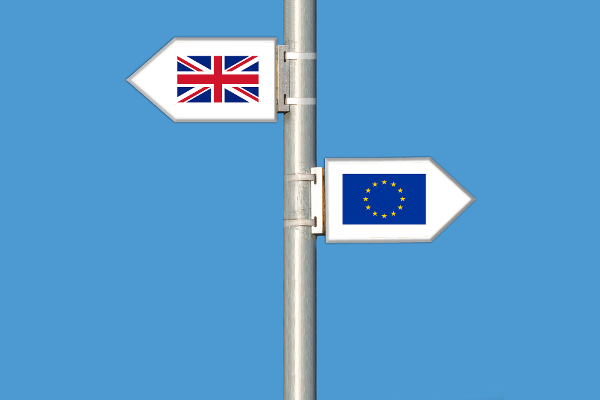Until the final details of the Brexit negotiations are completed, UK businesses will continue to operate under somewhat uncertain economic conditions.
But we know enough to have an understanding of some of the effects that leaving the EU will have on businesses in the UK. So what does Brexit really mean for British wholesale and distribution operations?
Increased exports
To make money, British companies are going to have to export more. Forecasts from a number of financial institutions, including The Bank of England, predict that the UK economy will grow this year. Morgan Stanley’s projections of up to 2.5% growth may seem bullish, but they say growth will come partly as a result of a boost in British exports.
With the continuing weakness of sterling against the euro and dollar, British goods are currently cheap and so offer an attractive possibility to foreign buyers. So now is a great opportunity to start forging new international relationships and developing overseas markets.
Of course, UK companies can’t rely on devaluation alone, so it would be unwise to depend on European and US markets. However, the burgeoning economies of Asia and Latin-America represent huge new business prospects for growth.
Increased costs
Since the result of the Brexit referendum, many companies have been feeling the effect of rising costs. One of our own customers has seen their costs rise by 40% since then, leaving them in urgent need of a mass cost-cutting exercise.
Components, products and labour are all going to cost more and distributors will undoubtedly have to undertake cost reductions to offset these costs.
It will be difficult to cut costs by reducing headcount though, because with increasing orders in the distribution sector, a larger workforce is needed, not a smaller one.
One area in which costs can be reduced is by improving business automation. This can be achieved, for example, by implementing Electronic Data Interchange (EDI), which brings faster and more accurate trading with partners.
Global carriers are also gearing up for more automated export processes, introducing order consolidation services for different countries. These services minimise export costs and streamline the customs procedures across multiple countries. It will be increasingly important for any distribution organisation to be able to quickly integrate and automate with these new carrier services as new trading borders come into play.
Reduced access to cheaper labour
The Office for National Statistics reports that around 7% of the UK workforce in 2016 was made up of EU nationals. That’s some 2.2 million people. That number rises to around 9% in the wholesale and retail trade. The same report states that EU migrants from certain countries were more likely to work longer hours and earn lower wages than their British counterparts. They tend to work in lesser-skilled roles, such as can be found in the warehousing sector.
While many postulate that Brexit will result in a proportion of these workers choosing to return home, the government has also set new, lower net migration targets. The upshot of these two factors will be that British businesses will need to focus on recruiting and training more British nationals, rather than relying on cheaper EU labour.
Need for better export processes
Distribution businesses that take advantage of the boost in exports will almost certainly need to improve their export processes. Meeting customs formalities and having the right documentation when shipping across international borders is crucial.
Getting your export control processes right and integrating them into your ERP system is fundamental to having a smooth export process. If you get things wrong, the sanctions can range from a fine right up to the loss of export privileges.
What should distributors do before Brexit?
If you’re a wholesale or distribution business and you want to continue to grow and succeed after Brexit, then there are some clear opportunities for you. Ramping up the export side of your business, making necessary cost reductions and improving business automation and export processes will all help turn Brexit to your advantage and ensure your business is still booming after 29th March 2019.
